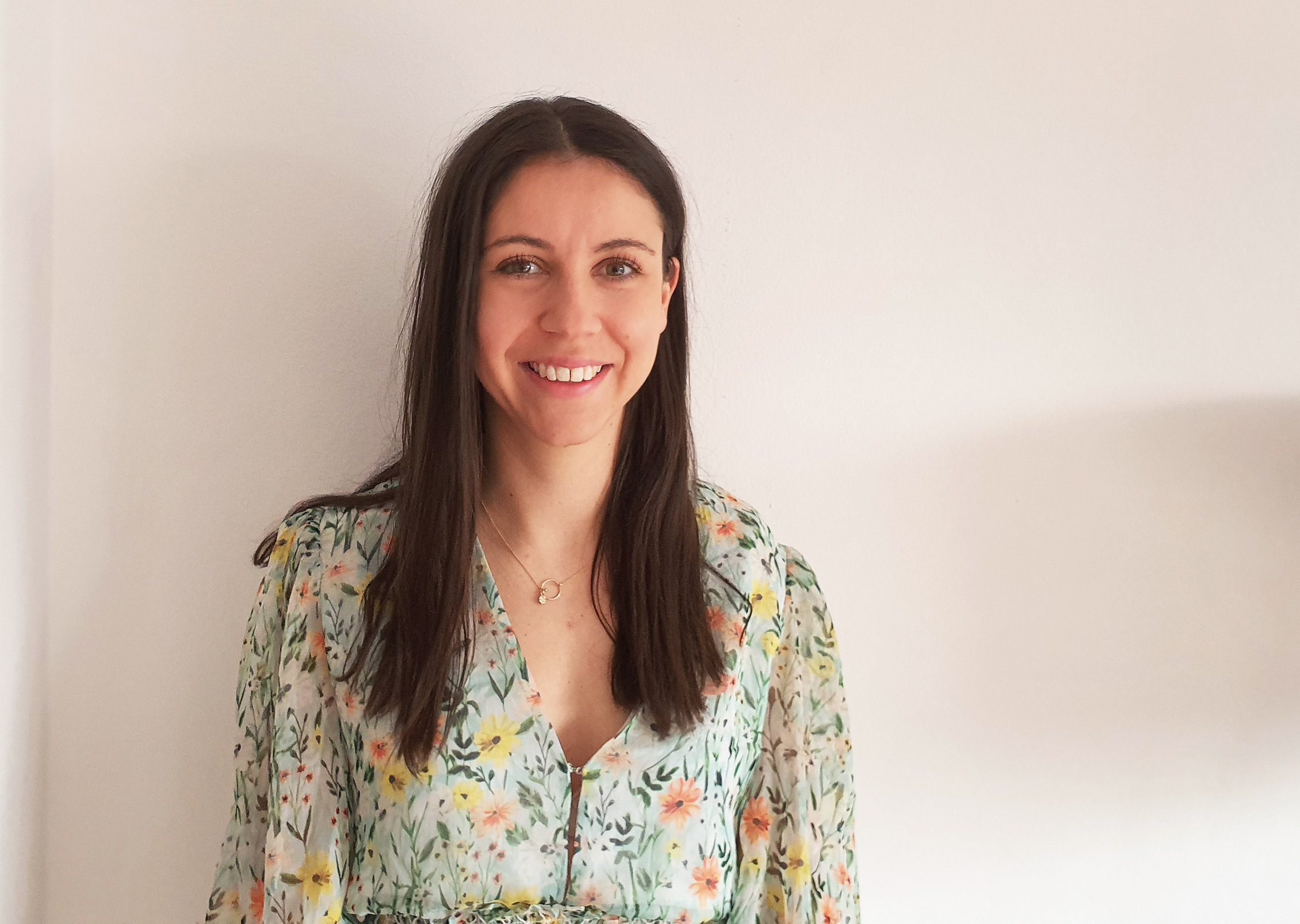Using social media to connect people to physical activity
A passion for exercise physiology and psychiatry drew PhD student Grace McKeon to study the role of lifestyle interventions in the treatment of mental health disorders.
A passion for exercise physiology and psychiatry drew PhD student Grace McKeon to study the role of lifestyle interventions in the treatment of mental health disorders.

PhD candidate Grace McKeon. Photo: Supplied.
UNSW Higher Degree Research (HDR) candidate Grace McKeon is combining well-established research with innovative approaches to bring the mental health benefits of physical exercise to vulnerable groups.
The merits of physical exercise on a person’s mental health are well known. Grace, a third-year PhD candidate in psychiatry, and a research team led by Scientia Associate Professor Simon Rosenbaum are moving beyond the benefits of exercise and are instead exploring inventive ways of engaging groups at high risk of mental illness with physical activity.
The team developed an online group-based physical activity program for emergency service workers and their families to address the high rates of mental illness among police, firefighters and paramedics.
The 10-week program was delivered via a private Facebook group and co-designed with people who had lived experience to ensure it met the target group’s needs. Grace also worked with Ross Beckley and Ronnie Moseley from the emergency service organisation Behind the Seen, to make sure the research targeted people in need in a way that was accessible to them.
“We provided education and motivation around different weekly topics, including goal-setting and reducing sedentary behaviour, and gave participants a Fitbit to help them get active and reduce sitting time,” Grace said. “Importantly, we provided a platform for social support among people with shared experience. We demonstrated the program was feasible and effective. In the end we reached 65 emergency service workers and their families.”
Through the study, Grace found that carers of emergency service workers have high rates of psychological distress, poor sleep quality and poor quality of life – all worse than the general population – highlighting the need for treatment to target an entire family unit.
Grace says increased stress, anxiety and depression which are the consequences of social isolation and uncertainty during the COVID-19 pandemic provided another opportunity to employ the program.
“We know that older adults have been disproportionality affected by this pandemic, so we adapted our online physical activity program and targeted people over 60 who are living alone and are isolated,” Grace said. “It’s really exciting that this scalable and cost-effective program is a translatable initiative that can have immediate impact. Essentially, it’s about helping facilitate groups who have shared experience so they can support each other to get active.”
Grace graduated from UNSW in 2017. During her undergraduate degree in Exercise Physiology, she became interested in mental health and completed clinical practicum and a research internship with the Bondi Community Mental Health Service. Personal experience also propelled Grace toward her current research program.
“I know when I exercise, I sleep better and I feel better, and so I really wanted to find ways to help provide support for those who are most vulnerable to also experience these benefits,” she said.
Grace said during her time as an HDR candidate at UNSW she has been well supported and encouraged to present her research at numerous conferences and to collaborate with researchers from across the world.
“Simon [A/Prof. Rosenbaum] is really leading this field and is such an inspiring and supportive mentor for me,” she said.
Grace’s research is funded by a Suicide Prevention Australia PhD scholarship.